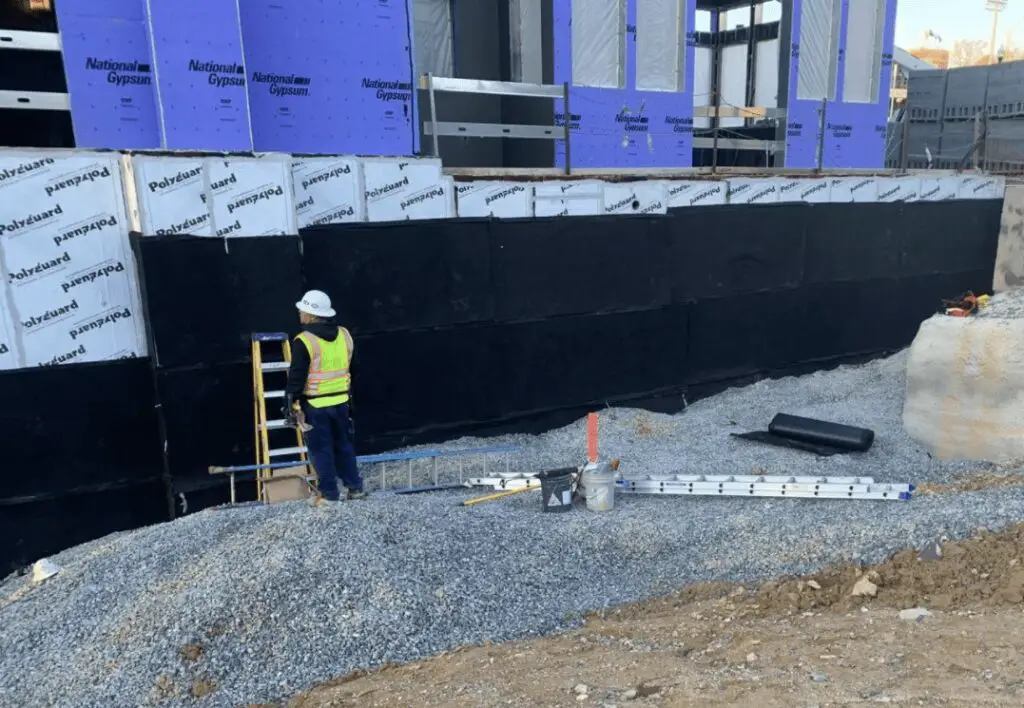Construction Waterproofing Manufacturers • Website Directory
By Roof Online Staff • Last updated October 22, 2022
Return to the Roofing Manufacturer Directory Index

See Construction Waterproofing Products on Amazon
See Construction Waterproofing Products at the Home Depot
If you represent a reputable and qualified waterproofing manufacturer and feel that we’ve overlooked your company, feel free to contact us to ask to be added to this list.